

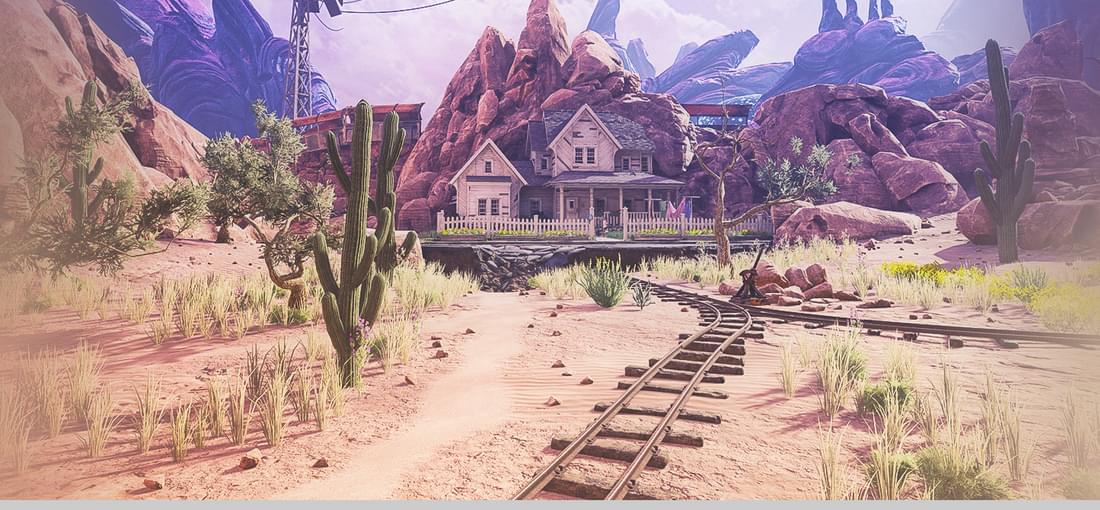
Obduction is the latest game from Cyan, which made Myst and Riven in the 1990s. What's nice about Obduction is that it feels like its own game and isn't necessarily dependent upon the legacy of those 'classics'. There are a lot of subtle nods to the previous games, but nothing about those references makes the game inaccessible to someone who either didn't play or did not like Myst, Riven, etc. Certain sound effects, environmental items and the use of FMVs act as little easter eggs to those who have played the other games. Obduction is a puzzle-adventure game, meaning that the story unfolds as you open up more of the environment and interact with its features. The graphics are unnoticeable, which I guess suggests that they're good, as I felt immersed in the world. The system spec requirements are a bit ridiculous, though. With greater optimisation, I feel that they might have done a better job getting the game to run nicely on more modest setups. The puzzles are logical and not necessarily infuriating in the way that some of the more obtuse puzzles of Riven were. Still, there are a couple of times where there are not enough substantial environmental clues to give you a clear idea how to progress. However, generally speaking, there is a great sense of satisfaction when you actually manage to crack a puzzle. The sense of discovery is pretty immense in this game. The game's biggest problem, and it is one of both design and implementation, is that a few late-game puzzles are heavily reliant on going back and forth between environments and various nodes. I followed the developers' advice and installed the game on my SSD and the incessant loading times when "linking" to different areas was annoying even then, given that I had to do it so frequently. I can't imagine what it would be like to play the game off of an HDD. Anyway, Obduction is totally worth your time and maybe consider picking it up when it's 25% off or something like that.
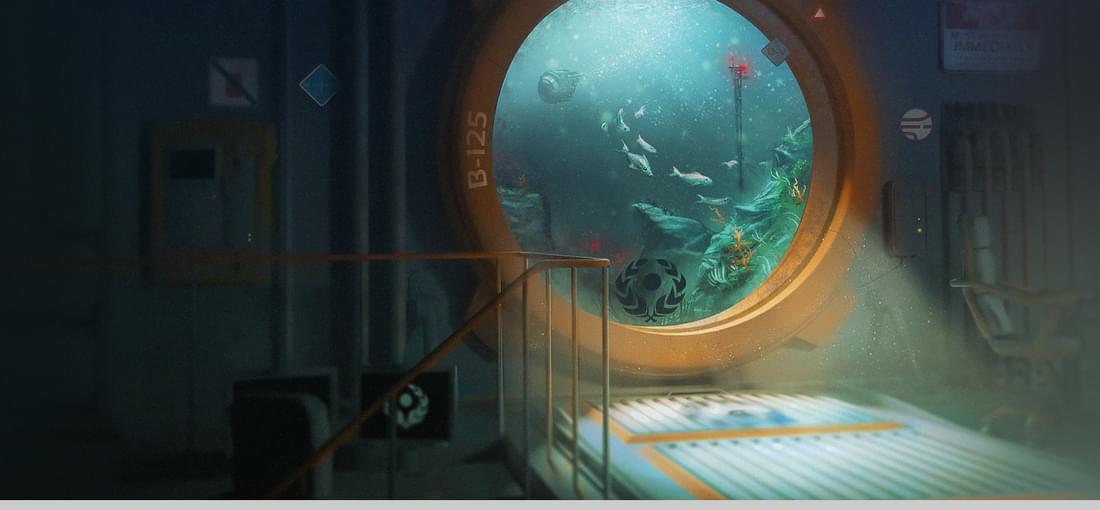
This is the first horror walking simulator that I've actually completed, so that in itself is something. There are others that I'm sure are great that I've not gotten around to playing. SOMA's strengths are in its atmosphere and setting. I found myself much more tied to the exploration angle than the horror elements or pseudo-psychological 'exploration' of the meaning of existence. The latter left few surprises by the end (and many yawns) and the former just became a chore that marred otherwise interesting gameplay. The visuals, sounds and general atmosphere were, however, quite stunning. I was worried this would be just another Bioshock knockoff in terms of setting, but I was incorrect. The graphics and ambient sounds really led to an interesting experience. Unfortunately, the elements mentioned above kept this game from retaining any lasting impression on me, which leaves it in an above-average category, but not a must-have.
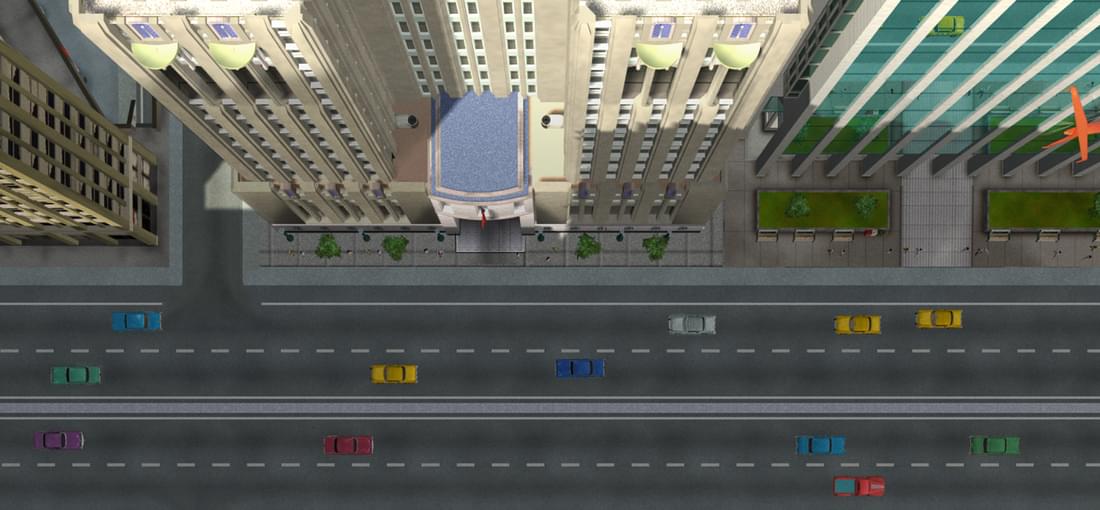
Everything in life is relative. My five-star review is somewhat biased given a pre-existing passion for SimCity 3000, but I want to address the fact that this GOG release is particularly good. SC3K was released in 1999 and was a joy to play as a teenager. As others have said, it incorporates many of the elements that made SC2000 so great and turns them into a brightly-coloured game with a bubbly GUI. It lacks that slightly edgy feel of SC2K (have a look at the Draco arcology in that game if you want to know what I mean - or the fact that you can crash a helicopter by clicking on it with your centring tool). With SC3K, it's just a smooth, slightly benign city-builder, and there's nothing wrong with that. The landmarks are some of my favorite in any Sim game, including 4. SC3K lacks the complexity of 4, and depending on your mood, that can be a good or bad thing. I oscillate from liking 4 better and then sometimes gravitating toward 3000. When I can't decide between the two, I just assert that 2000 is the best. I originally had the Mac port of SC3K and while it ran fine, it didn't allow for the same number of custom BATs that the Windows version does. This GOG version is great, because it just *works*. No, it's not widescreen, but there's something endearing to that. It also wraps nicely in Wineskin, making it playable on Mac. Given how easily this works, it's kind of a wonder why GOG hasn't provided this as a Mac/Linux download as well. In any case, buy the game and enjoy.
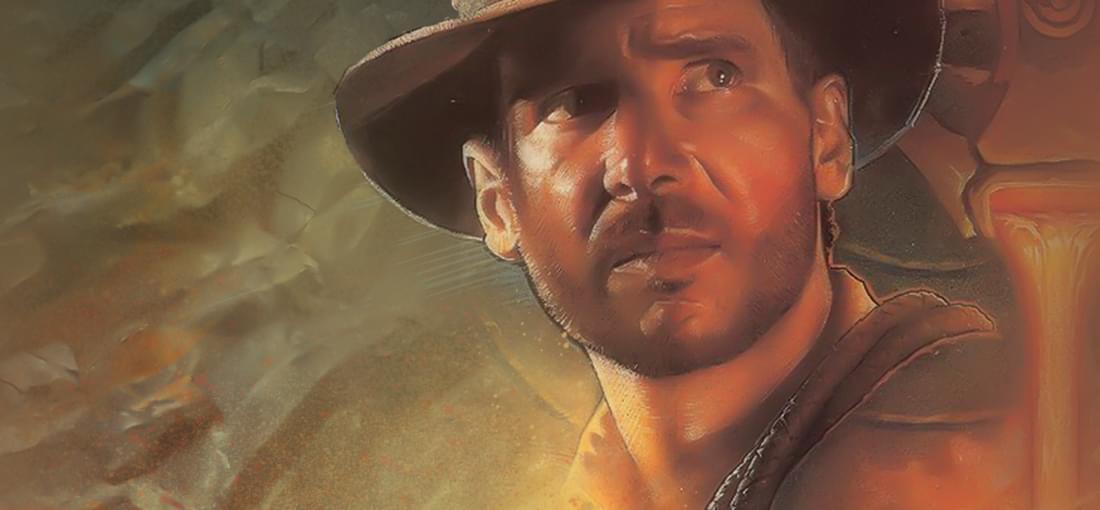
This is the best point-and-click adventure game ever made. While that's quite a subjective thing to say, I can think of no better way to put it. Naturally nostalgia fuels this sentiment, but when the chips are down and if you held a gun to my head and asked me to name my favourite GAME of all time, it would be Fate of Atlantis. When you first begin the game, you'll at first wonder if it's still in the spirit of the first three movies. It's a bit off-beat and even slightly campy at times. Indy's banter seems slightly out of place, but then suddenly everything clicks. This is a LucasArts game first and foremost, but where it's different than Monkey Island and Maniac Mansion is that it embodies the spirit of its source material and feels like a fourth film in its own right. As separate IPs, Monkey Island and Mansion weren't able to capitalise on this, but in the case of Indy, it all came together beautifully. The game was very hard when I was young, and I remember getting a book at my local library that offered a walkthrough for a number of adventure games released during the period. Today, the idea of checking a book out of the library for this purpose seems downright archaic. Perhaps that's what I've become. The characters are very well developed and I think I still have a crush on Sophia Hapgood. The environment, the Lost City of Atlantis, was a perfect setting for this game and allowed for something that would have been quite poorly executed in film form. It's a downright shame that this is a movie we never got. The 2008 film could have certainly been FoA and even at Ford's age, the story would have worked. Never mind. Forget the film, play the game and experience a legendary adventure.
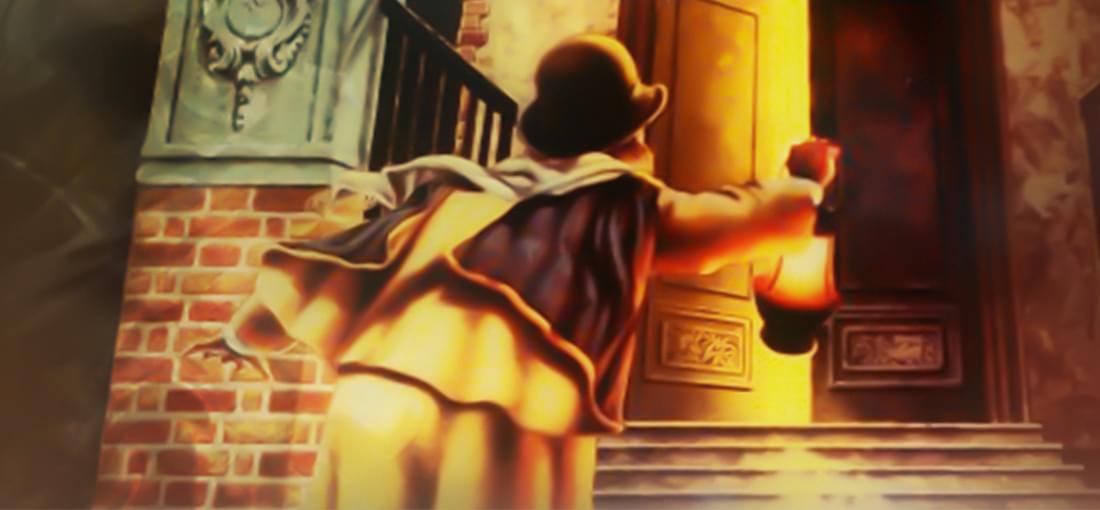
Unfortunately, I did not have the opportunity to play this game upon its release or shortly thereafter, so there is no nostalgia helping to mask some difficulties I faced when trying to get into the game. To complain about the game's graphics seems unfair given the time of its release, but I feel as though there were many other approaches the developers could have taken with the design rather than opting for low-polygon '3D' figures. Where epic games like Quest for Glory and Ultima VII can be returned to again and again, I find that the graphics in AITD are just too hard to get behind, much like the late 90s and early 2000s attempts at 3D. Of course these are all part of the evolution of gaming, but it does detract from the replayability of AITD all these years later. The controls are clunky, but perhaps no worse than Resident Evil, so that is perhaps not a critique in itself. The redeeming factor of AITD is that it is so damn hard and legitimately frightening at times. It is very unforgiving in a way that Silent Hill and RE can't even compete with, which is definitely a point in its favour!
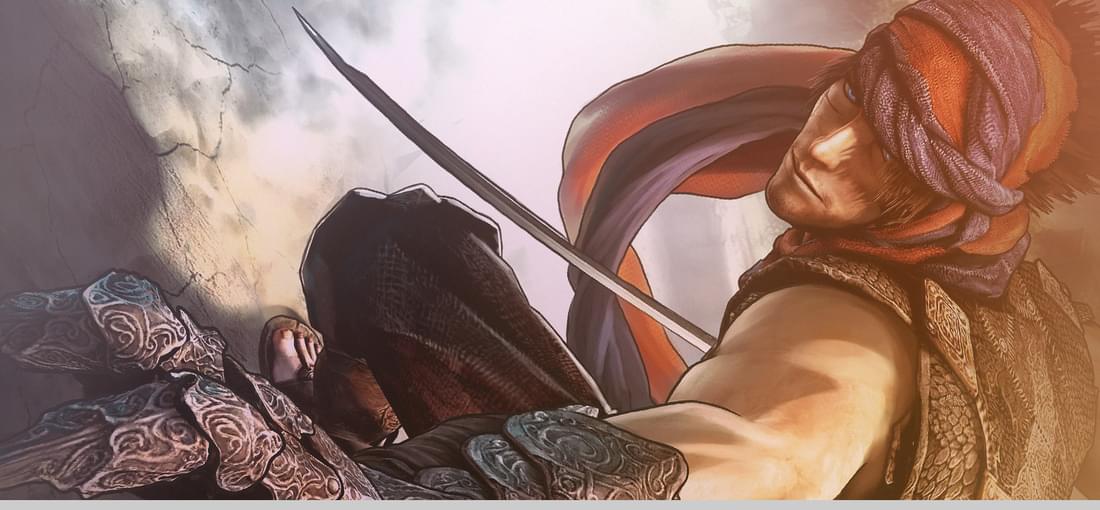
They were obviously trying to mix things up a bit with this game, but the ultimate result is a very uninteresting and unchallenging game. On the face, it promises spirit and novelty. Upon completing the game, you'll feel like you were held by the hand (quite literally) though a spiritless series of events and you'll be left feeling a bit numb from the paint-by-numbers experience. The only word I can think of to describe this game is: inert (which is interesting given the focus on fluid movement throughout).